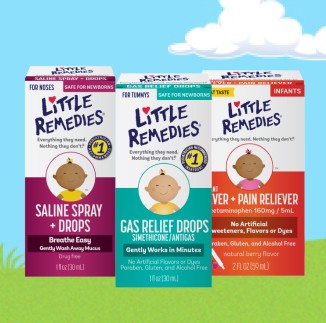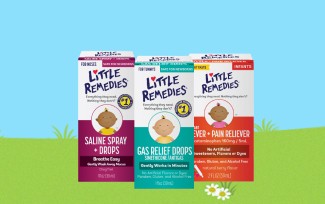
Just like every other aspect of motherhood that may seem overwhelming at first, breastfeeding is one of those things you’ll appreciate. The road to successful breastfeeding isn’t always an easy journey, but you’ll get the hang of it.
For most new moms, the first few weeks of breastfeeding a newborn are the toughest. Why? Your baby is learning how to latch on correctly, your milk supply can cause pain and discomfort and you may be physically weak from the delivery.
For me, the toughest part about breastfeeding was eating right and getting the proper nutrients. I was recovering from a c-section, adjusting to life with a newborn and totally sleep deprived. Thinking about my diet was the last thing on my mind. As weeks passed and I began to feel better physically, it was time to focus on my diet to keep my milk supply up.
Protein
I’m a carb-friendly person, so I had to add more protein to my diet. Protein does a great job of repairing, building and maintaining body tissue, so it’s an important part of a healthy diet, especially for breastfeeding mamas! Lean meat, poultry, fish (low in mercury), beans and eggs are easy to incorporate into your diet. Plus, these foods are typically low on the allergen scale, so they are less likely to cause your baby tummy discomfort.
Iron
Iron is important for maintaining and boosting your energy levels, because let’s face it, breastfeeding a newborn is like running a marathon. When it comes to absorbing iron it is most easily done by pairing the right foods together. For example, foods that are rich in vitamin C enhance the process, so eating ground beef and spinach is a good combination. If you take an iron supplement, drink it with a glass of orange juice (also high in vitamin C).
Calcium
Did you know moms can lose 3-5% of bone mass during breastfeeding? That’s because you have to replenish the calcium you lose to produce breast milk. Depending on your age, the recommended dose of calcium is 1,000 to 1,300 milligrams per day, which is the equivalent of drinking one 8oz glass of milk. If you don’t like milk, you can get calcium in foods like cheese and yogurt, calcium-fortified juice, tofu, dark leafy greens such as spinach and kale, broccoli, or dried beans. After you wean your baby from breastfeeding, your body will repair its calcium loss within six months.
Figuring Out Foods
I know you just spent nine months worrying about your diet, so I hate to tell you that will probably continue. But chances are, it will. Every baby is different and so is every mom. But you may discover that certain foods give your baby tummy issues. If so, this is totally normal and as I’ve said before, this too shall pass.
The biggest culprits for causing your baby stomach discomfort during breastfeeding are things like chocolate, dairy, citrus fruits, peanuts, garlic and wheat.
Don’t stress out just yet! I know I sound like a contradiction because I just mentioned how important it is to get enough calcium and now I’m saying dairy may be a breastfeeding no-no. Remember, it all depends on your specific situation. If you realize dairy does cause your baby to be extra fussy or spit up more, then you can take a calcium supplement instead.
Looking for a healthy superfood to add to your diet? Check out how you and your baby can get a healthy kick out of kale!









